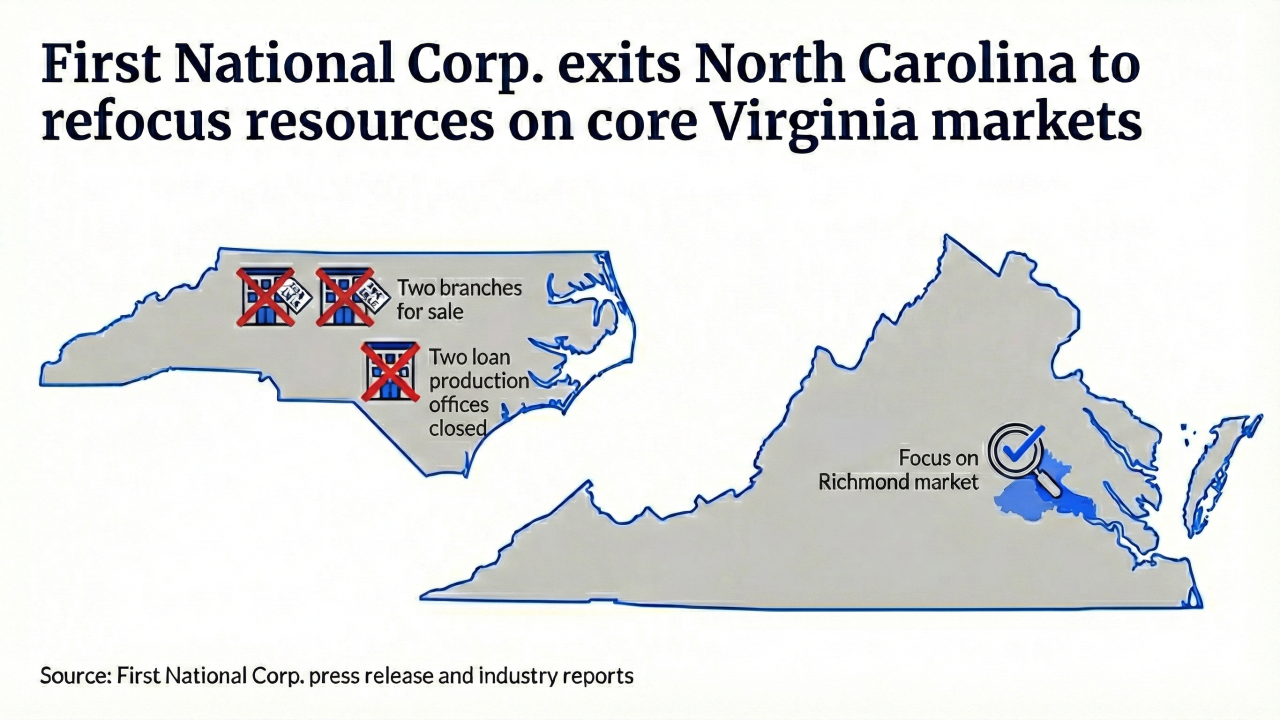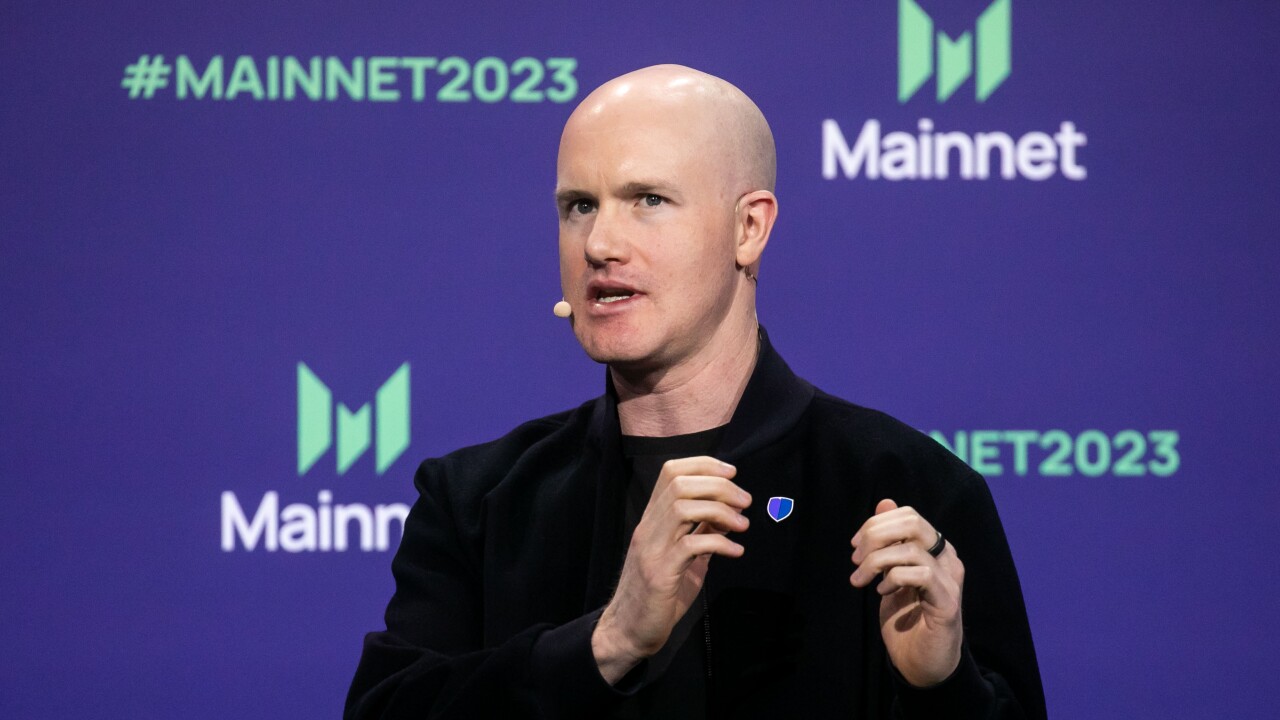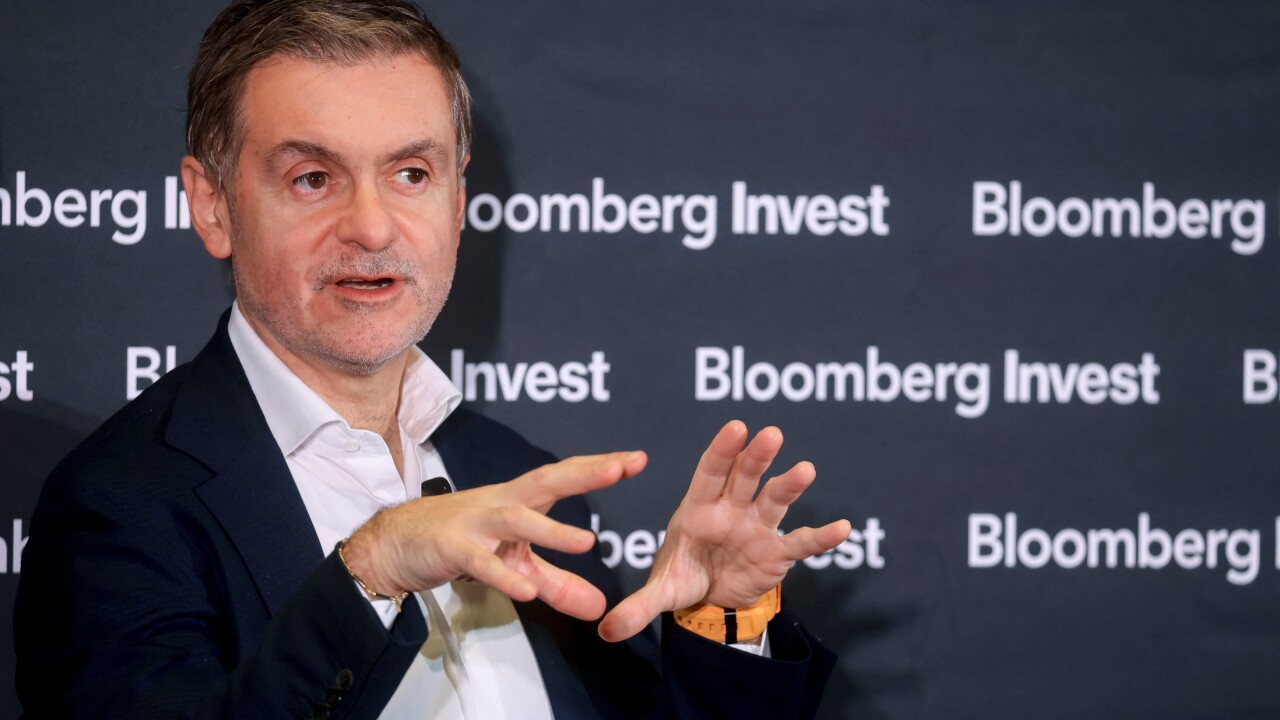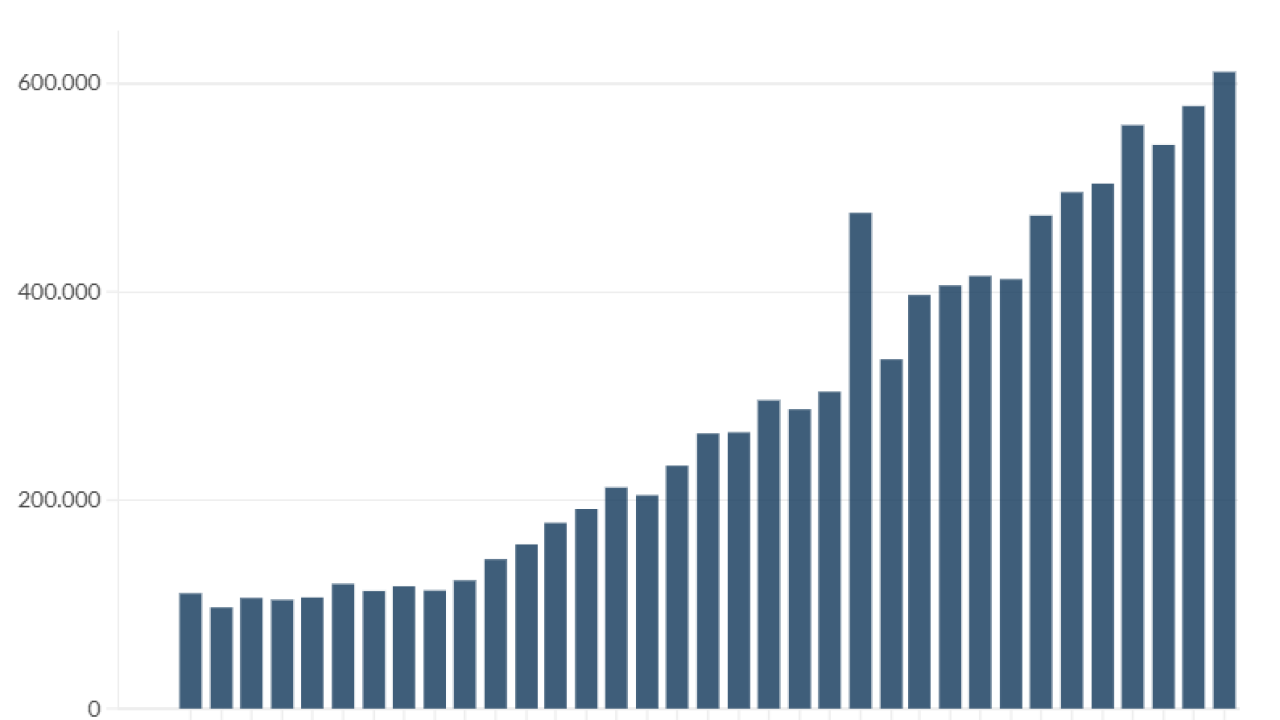
Nearly 15 years after the passage of
Today's banking system is the result of over a century of changes in our economy, which required new approaches to how we regulate our banks. The need for national banks to finance a growing economy led to the creation of the Office of the Comptroller of the Currency. The Federal Reserve enabled a national payments system and greater independence from political influence. The necessity to ensure greater confidence in bank deposits gave us the Federal Deposit Insurance Corp. Most recently, the Consumer Financial Protection Bureau was created to ensure greater consumer protection. While the American spirit of innovation created today's banking industry, the significant technological advances of the last two decades have also transformed how Americans use financial services. The regulatory agenda has not caught up to these changes.
Today's consumers use peer-to-peer payment tools rather than checks to send money; they use convenient and user-friendly neobanks like Chime and Mercury as their primary bank accounts; and a huge share of payments are powered by nonbank payment providers who partner with small banks to compete with the large incumbents. These new upstarts can completely transform markets. Companies like e-Trade and Robinhood fundamentally transformed stock market trading, making it cheaper, more accessible and more efficient.
Part of what has allowed these tech innovations to grow so fast is that they've mostly occurred outside of traditional banks. Meanwhile, the banks have responded to an increasingly complicated regulatory environment by engaging in a race for scale. More important than innovation, customer service and even profits, the most coveted descriptor a bank can have today is to be "too big to fail." However, there is a massive trade-off to "too big to fail": It discourages risk-taking and innovation. Left unchecked, the system stops working: The middle-class family with no slack in their budget becomes a money-losing account. The small-business lending process ignores the actual business. The entrepreneur just starting out becomes a high-risk account simply because they're new.
These trends have now split our financial services ecosystem along an unstable fault line: on one side are the "too big to fail" banks, old-school bank regulators and jaded policymakers. On the other, there are tens of millions of consumers, small businesses and innovative companies that need access to the banking system to continue to grow and innovate in their own markets. The problem for policymakers is that these consumers (also known as "voters") are losing connectivity to the traditional banking system, which includes the regulatory agencies.
America can't afford to wait until this fault line cracks, because it will be even harder to instill confidence in the banking system when the next financial crisis comes. Instead, there are three things the next administration will be uniquely positioned to do to modernize the financial system and equip it to better serve today's consumers and small businesses.
Foremost, the next administration must use political capital to appoint leaders of our regulatory bodies. The OCC has not had a Senate-confirmed leader during the entirety of the Biden administration. The scandal-plagued FDIC has turned even more insular and technology-averse over the last four years. Meanwhile, the CFPB has never had a leader with broad bipartisan support. Without Senate-confirmed leadership, these agencies lack the political capital to push reforms and are unable to plan for the long term. To accelerate the adoption of technology, the next administration should appoint leaders to the banking regulatory agencies who have experience in the technology industry or hold senior technology roles in the banking industry rather than beltway lawyers and policy "experts."
The rule, finalized Tuesday, enables consumers to share their financial data with third parties. Here are the implications for banks.
It's also time for the country's banking regulators to start using technology to reorient their work toward better understanding the risks that create systemic crises. The extreme focus on process that has been growing over the last several decades has created a bank examination process that is unbearably slow, risk-averse and technologically inept. This puts small and regional banks at a significant disadvantage to the very large banks. It also makes it nearly impossible for new competitors who put technology at the center of their business models to efficiently engage with regulators. These barriers make it harder to bring innovation into the banking sector, limiting competition and raising the costs of financial services for the country's most economically vulnerable.
Finally, it's time to open banking. This means adopting rules that give consumers control over their data, while also making the banking industry more transparent. There are a number of practical things that each of the regulatory agencies could do to drive toward this goal, including: finalizing rules on consumer access to data; creating a national fintech charter to encourage more competition; bringing modern-day technology to the bank examination process; restarting industry engagement efforts focused on understanding and encouraging innovation; and bringing more consistency across administrations to the rulemaking process.
The next administration must seize the opportunity to reorient America's banking regulators — and the banking system — to make it more responsive to the needs of America's middle class and small businesses. It's time to move the discussion forward and focus the bank regulators on the problems we face in 2024, not on what we faced in 2008. It's time to bring the financial services industry forward.






